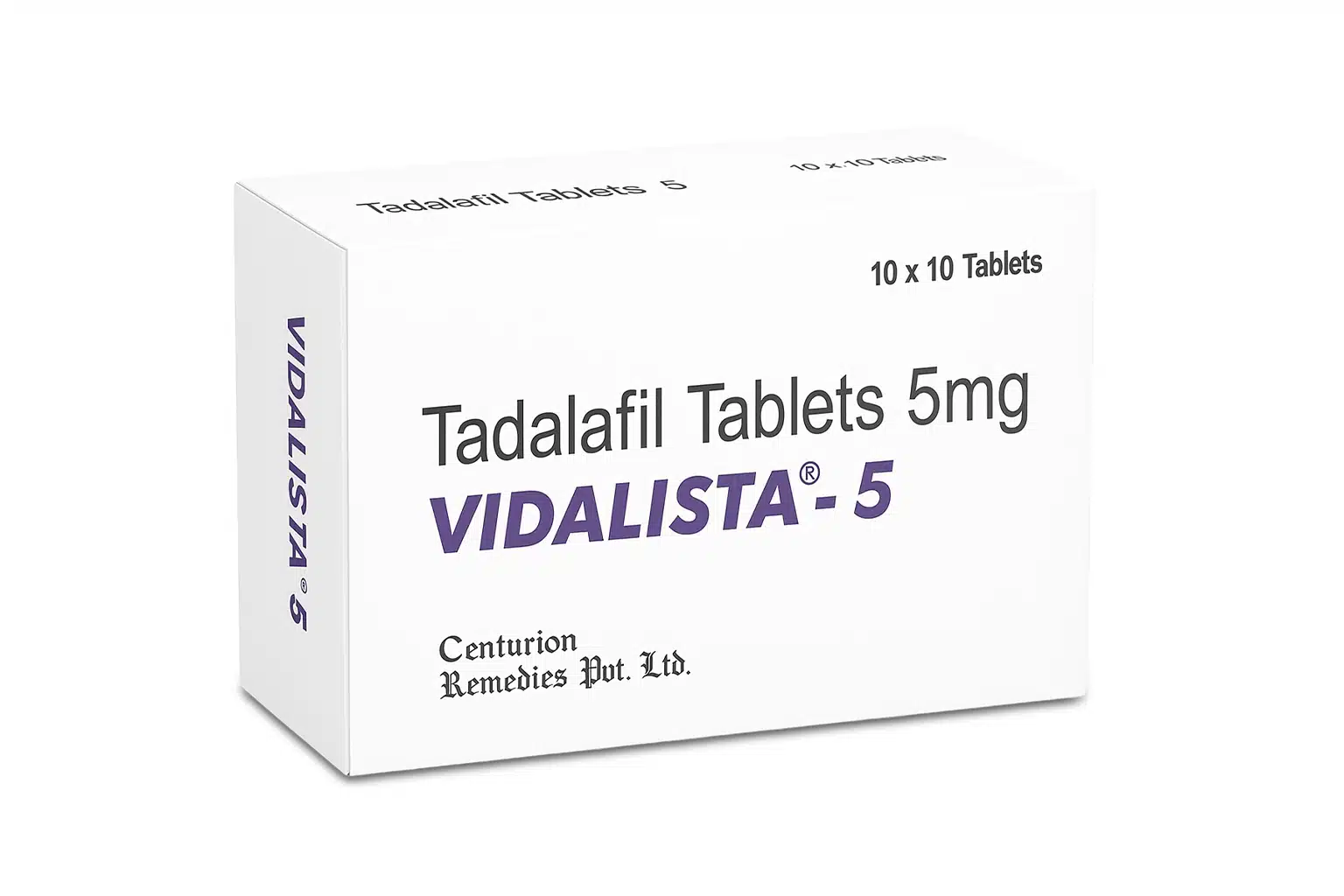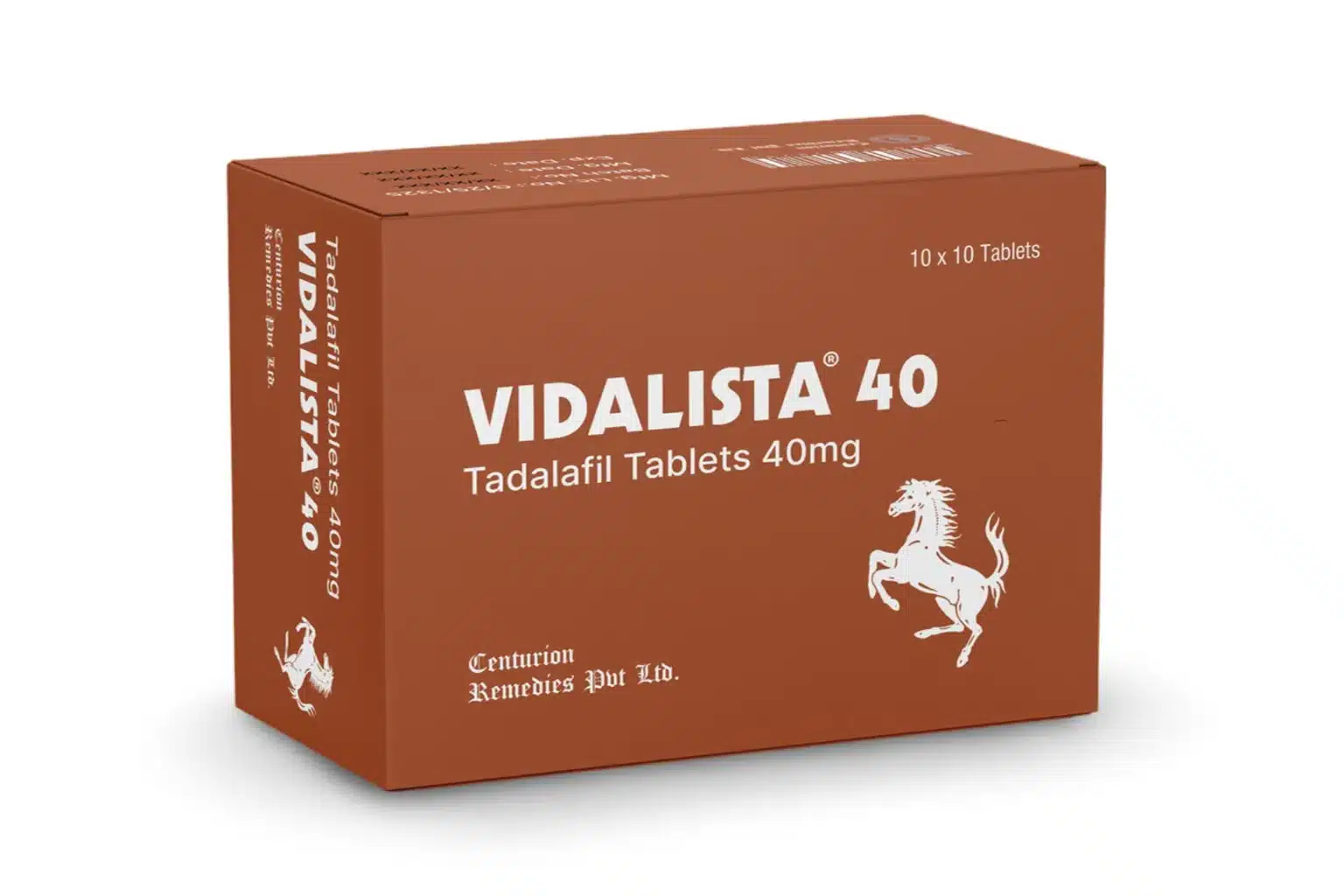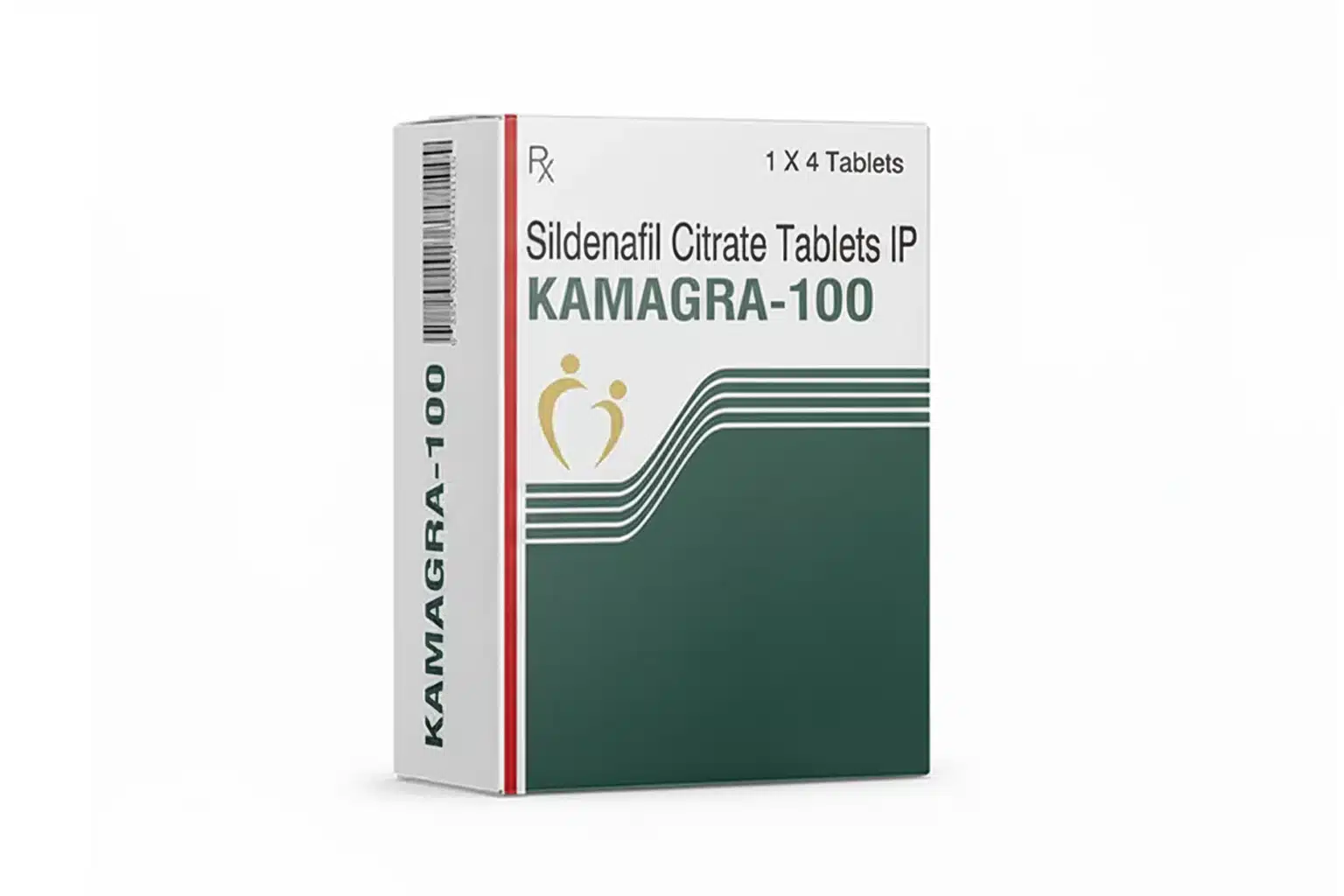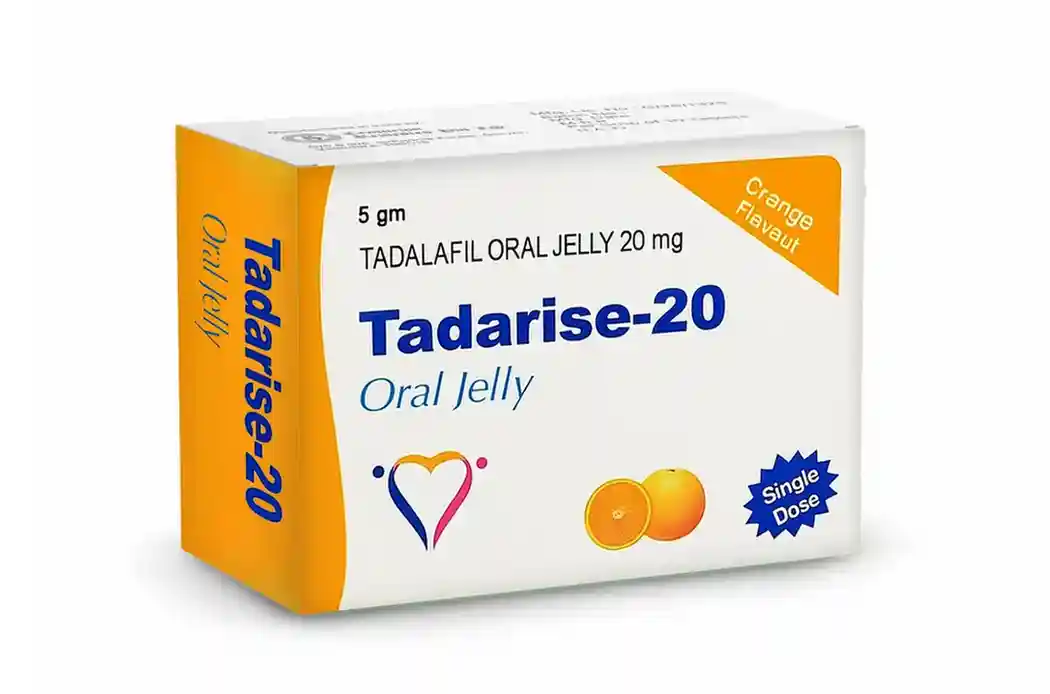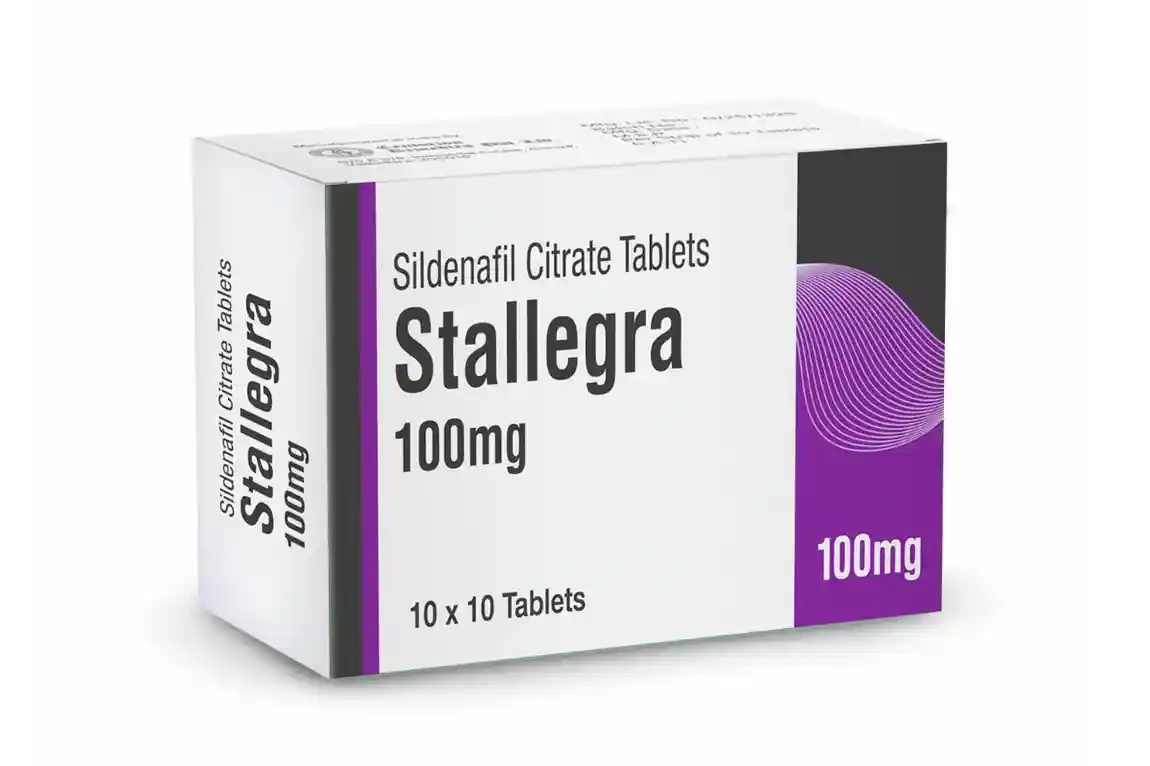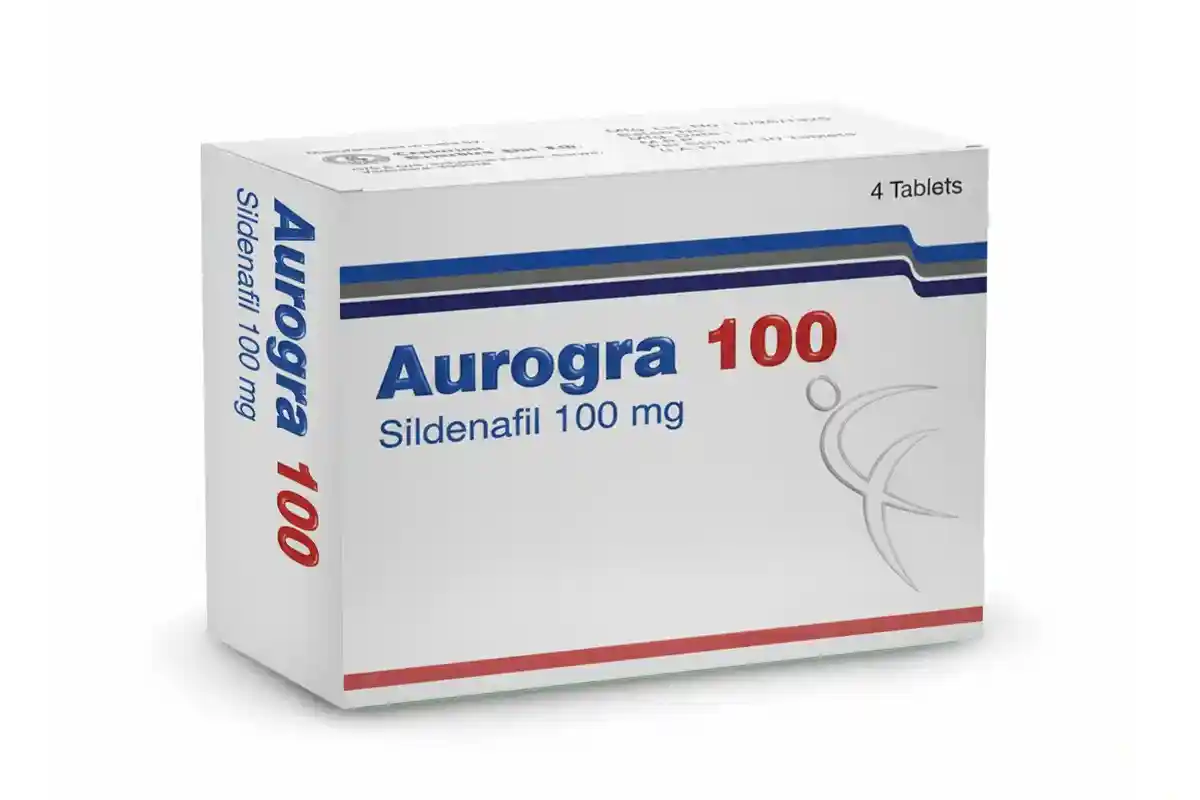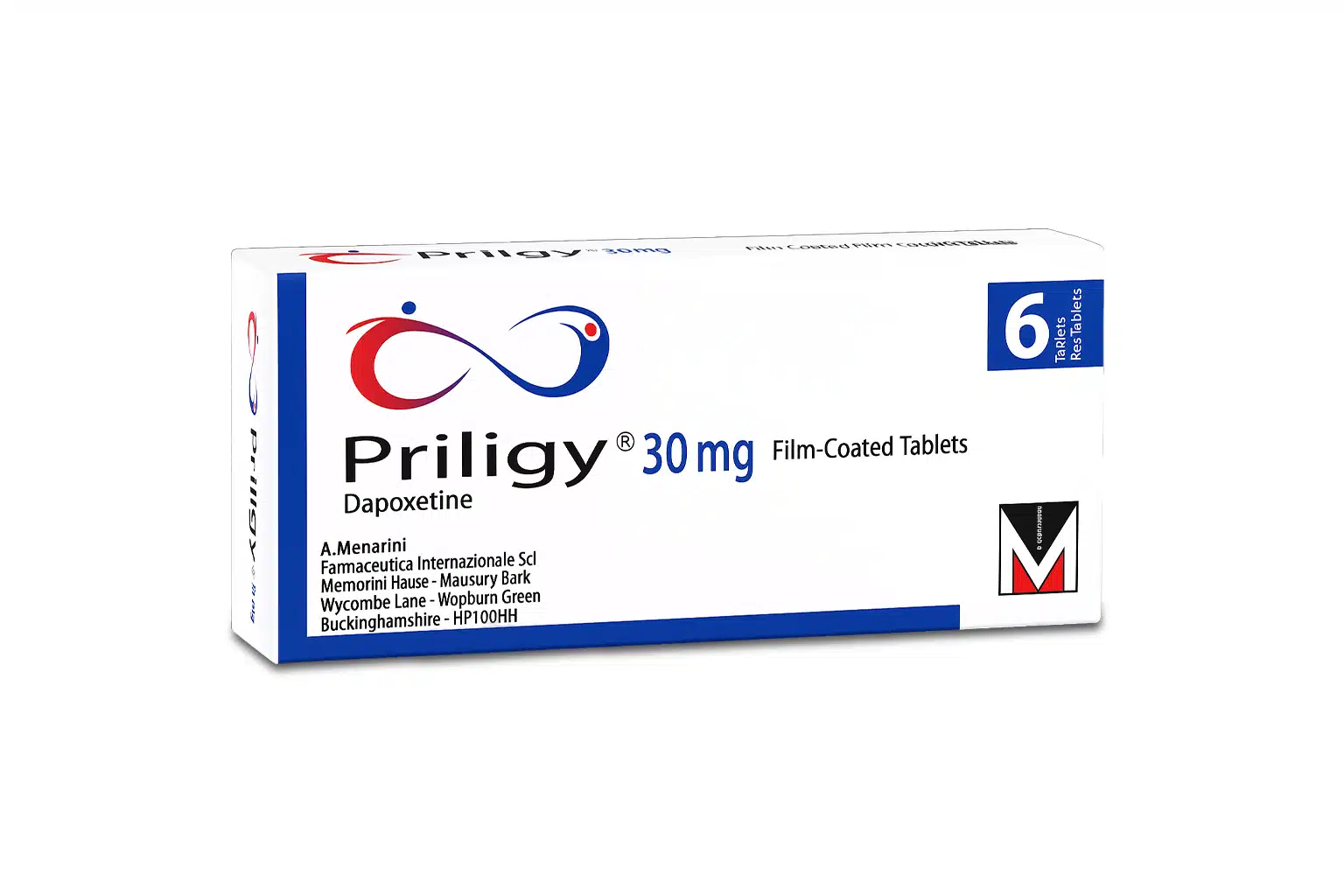When a man starts any medication for erectile dysfunction, one reasonable question is: Will this change my chances of fathering a child? If you’ve heard of Vidalista 2.5mg (a low daily dose of tadalafil) and you’re wondering “Male Fertility?”, this post breaks the evidence down in plain language — what we know, what’s uncertain, and what to do if you’re trying to conceive.
What is Vidalista 2.5mg?
Vidalista is a brand name for tadalafil, the same active drug in Cialis. The 2.5 mg strength is typically prescribed for once-daily use to manage erectile dysfunction or lower urinary tract symptoms related to benign prostatic hyperplasia — taken around the same time each day rather than “as needed.” It works by blocking the enzyme PDE5, which helps relax blood vessels in the penis and improves blood flow during sexual stimulation.
Fertility and erections are related but different
It’s important to separate sexual function (your ability to get and keep an erection) from biological fertility (sperm count, motility, morphology — the parameters used to judge a man’s ability to impregnate). Improving erections usually helps a couple’s chances of conception simply because sex is more likely and better timed. But a drug that helps erections could, in theory, either harm or help sperm parameters — so researchers have looked into both angles.
What the human studies show
The bulk of clinical evidence in men who take PDE5 inhibitors like tadalafil suggests no clear harmful effect on semen. In fact:
- Systematic reviews and randomized trials have generally found neutral or modest improvements in some sperm measures (especially motility) after PDE5 inhibitor use. Meta-analyses and reviews conclude there is no consistent evidence of reduced sperm count or worse semen quality with normal therapeutic doses.
- Some small clinical studies of once-daily tadalafil reported improvements in sperm motility or seminal fluid parameters in specific groups of men, but these are not universal and often involve men with coexisting sexual dysfunction or other treatable issues.
Put simply, most well-designed human studies at typical doses show no fertility-damaging effect, and some suggest a possible benefit for sperm movement in certain men.
Why animal studies sometimes look worrying — and why that doesn’t mean much for you
Animal experiments have occasionally reported testicular or sperm changes when animals received high doses of tadalafil for long periods. For instance, a rat study found detrimental testicular effects after chronic high-dose exposure. However, animal experiments often use doses many times larger (per body weight) than what humans take, or they model extremes that are not comparable to normal clinical use. Other animal and lab studies actually suggest protective or neutral effects in contexts like tissue injury. So animal data raise questions to study further, but they don’t prove harm at prescribed human doses.
How could tadalafil affect sperm — the plausible mechanisms
Scientists have proposed a few ways PDE5 inhibitors might influence sperm:
- Direct effects on sperm cells: Some lab studies show dose-dependent changes in sperm motility when sperm are exposed to PDE5 inhibitors. At moderate concentrations, there can be enhancement; at very high concentrations, there may be harm — again pointing to a dose issue.
- Indirect effects via blood flow and hormones: Better penile blood flow and improved sexual function can increase ejaculation frequency and sexual confidence, which may indirectly help couples trying to conceive. Conversely, if a drug altered hormone balance (testosterone, LH) that could matter — but routine therapeutic tadalafil hasn’t been shown to produce clinically meaningful hormonal disruptions in humans.
Best Seller
-
Cenforce 100 Mg
Best Seller$24.00 – $215.00Price range: $24.00 through $215.00Rated 4.50 out of 5Shop Now This product has multiple variants. The options may be chosen on the product page -
Vidalista 5 Mg
best sellers$18.00 – $182.00Price range: $18.00 through $182.00Rated 4.00 out of 5Shop Now This product has multiple variants. The options may be chosen on the product page -
Vidalista 40 Mg
Best Seller$28.00 – $276.00Price range: $28.00 through $276.00Rated 4.00 out of 5Shop Now This product has multiple variants. The options may be chosen on the product page -
Cenforce 200 Mg
best sellers$31.00 – $335.00Price range: $31.00 through $335.00Rated 4.00 out of 5Shop Now This product has multiple variants. The options may be chosen on the product page -
Cenforce Fm
best sellers$33.00 – $218.00Price range: $33.00 through $218.00Rated 4.00 out of 5Shop Now This product has multiple variants. The options may be chosen on the product page -
Kamagra 100 mg
best sellers$24.00 – $125.00Price range: $24.00 through $125.00Rated 5.00 out of 5Shop Now This product has multiple variants. The options may be chosen on the product page -
Fildena 100 mg
best sellers$24.00 – $244.00Price range: $24.00 through $244.00Rated 4.00 out of 5Shop Now This product has multiple variants. The options may be chosen on the product page -
Malegra Oral Jelly 100 Mg
best sellers$8.00 – $44.00Price range: $8.00 through $44.00Rated 5.00 out of 5Shop Now This product has multiple variants. The options may be chosen on the product page -
Super Kamagra Oral Jelly
best sellers$25.00 – $120.00Price range: $25.00 through $120.00Rated 4.00 out of 5Shop Now This product has multiple variants. The options may be chosen on the product page -
Tadarise Oral Jelly
best sellers$19.00 – $72.00Price range: $19.00 through $72.00Rated 4.00 out of 5Shop Now This product has multiple variants. The options may be chosen on the product page -
Careforce 200 Mg
best sellers$29.00 – $332.00Price range: $29.00 through $332.00Rated 5.00 out of 5Shop Now This product has multiple variants. The options may be chosen on the product page -
Stallegra 100 Mg
best sellers$88.00 – $224.00Price range: $88.00 through $224.00Rated 5.00 out of 5Shop Now This product has multiple variants. The options may be chosen on the product page -
Exclusive
Aurogra 100 Mg
best sellers$29.00 – $76.00Price range: $29.00 through $76.00Rated 4.00 out of 5Shop Now This product has multiple variants. The options may be chosen on the product page -
Priligy 30 mg
best sellers$22.00 – $156.00Price range: $22.00 through $156.00Rated 4.50 out of 5Shop Now This product has multiple variants. The options may be chosen on the product page
Practical takeaways — what men should do
- If you’re trying to conceive: Don’t panic. Current human evidence doesn’t show that usual tadalafil doses like Vidalista 2.5mg reduce fertility; in many cases, treating ED improves the practical chances of conception by making sex easier and better timed.
- If you or your partner have fertility concerns: Ask for a baseline semen analysis before starting or while on treatment — that gives a clear reference point.
- Discuss with a specialist: If you have known fertility issues, prior low sperm counts, or are using high doses or unregulated sources of medication, talk to a urologist or fertility specialist. They can suggest alternatives or additional tests.
- Mind interactions and safety: Tadalafil has medical contraindications (for example, with nitrates or certain heart conditions). Always check safety with your prescribing clinician.
Quick answer up front
Short version: There’s no strong human evidence that usual doses of tadalafil (including low-dose, daily tablets like 2.5 mg) harm fertility. In many clinical studies and reviews, PDE5 inhibitors (the drug class that includes tadalafil) have shown neutral or even modestly positive effects on semen quality in some men. Animal studies at very high or long exposures sometimes show changes in testicular tissue, but those results don’t translate directly to normal human use.
Bottom line
For most men, standard therapeutic use of tadalafil (including daily low doses such as 2.5 mg) is unlikely to harm sperm or fertility — and in some situations may indirectly help conception by improving erectile function. Animal studies at high, non-clinical doses raise theoretical concerns but don’t prove a real-world fertility risk in humans. If fathering a child is a near-term goal, the smartest move is to discuss it with your doctor and consider a semen test so you have objective data to guide decisions.
FAQs
1. Will Vidalista 2.5mg lower my sperm count?
Current human studies do not show a consistent drop in sperm count with usual tadalafil dosing; some trials even report small improvements in motility. If you’re worried, a baseline semen analysis can settle this. PMC+1
2. Can taking tadalafil help me get my partner pregnant?
Not directly — it doesn’t make sperm more fertile in the way IVF techniques do — but by treating erectile dysfunction, it can increase the frequency and quality of intercourse, which helps chances of natural conception. Some studies also report modest improvements in sperm movement in specific groups. PubMed
3. Are there any long-term risks to the testes from daily tadalafil?
Human long-term data haven’t shown clear testicular harm at prescribed doses. A few animal studies at high chronic doses reported testicular changes — these findings need context and don’t directly translate to normal human use.
4. Should I stop taking tadalafil if I’m trying for a baby?
Not automatically. Talk to your prescriber. If you have known fertility problems, a sperm test and specialist consultation will guide whether to pause, switch, or continue treatment.
Selected references (for further reading)
- Tadalafil (label, dosing and safety) — DailyMed. DailyMed
- Systematic review: Effect of PDE5 inhibitors on semen and sperm — Song et al., 2021 (PMC). PMC
- Meta-analysis and overview of PDE5 inhibitors and sperm quality — Dong et al. / WJMH, 2021. World Journal of Men’s Health
- Once-a-day tadalafil and semen quality (human study) — Corvasce et al., 2015. PubMed
- Animal study showing testicular changes with chronic high-dose tadalafil — Khalaf et al., 2012. PubMed



